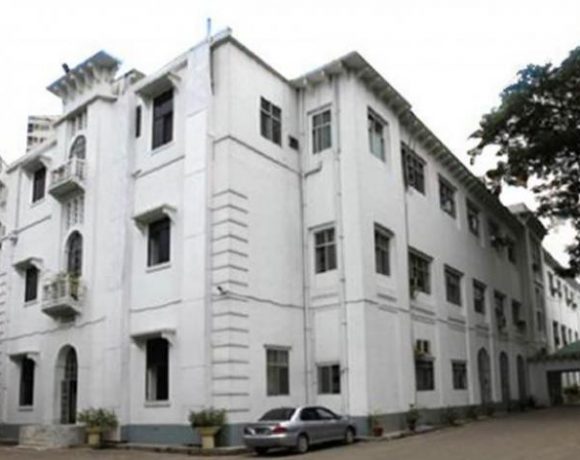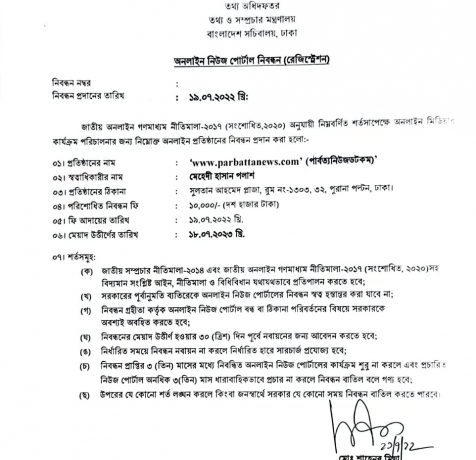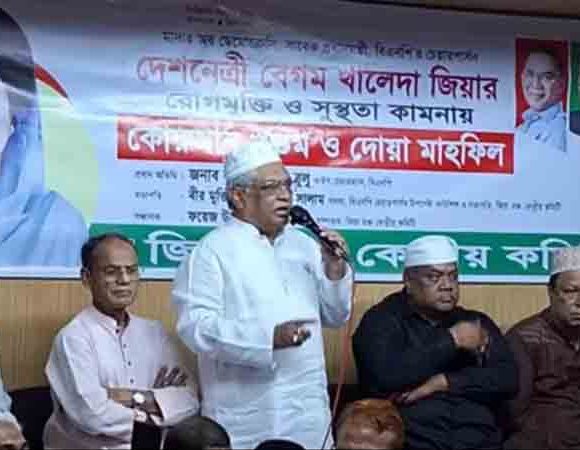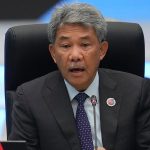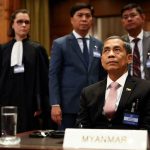Rohingya crisis enters ninth year with no repatriation
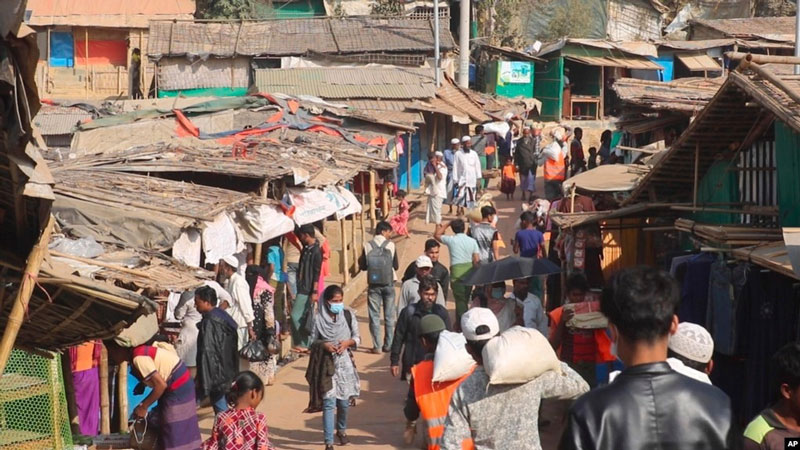
COX’S BAZAR CORRESPONDENT
The Rohingya crisis has entered its ninth year, with not a single refugee returning to Myanmar since the mass exodus in 2017.
On 25 August 2017, more than 750,000 Rohingya fled across the border into Bangladesh after facing killings and persecution by the Myanmar military in Rakhine State. They joined another 300,000 Rohingya already in Cox’s Bazar.
According to officials, the refugee population has since swelled further, with 150,000 more arriving over the past year. Today, more than 1.3 million Rohingya are living in 33 camps in Ukhiya and Teknaf under Cox’s Bazar district.
No repatriation has taken place since their arrival. Instead, officials say, fresh arrivals have continued.
Authorities note that control of Rakhine State is now largely in the hands of the Arakan Army, making prospects for repatriation even more complex. Refugee relief officials have also said the international community’s attention to the crisis has diminished in recent years.
On 25 August, during the second day of a three-day international conference in Cox’s Bazar, Chief Adviser Dr Muhammad Yunus said international assistance and cooperation would be critical to ensure Rohingya repatriation and to support those still in the camps.
The crisis began when Myanmar’s military launched what it called counter-terror operations in Rakhine. According to reports, these operations involved ethnic cleansing of the Rohingya population.
Within two to three months of the crackdown, more than 750,000 refugees had crossed into Bangladesh. The United Nations later ensured food and basic services for the displaced population.
Bangladesh and Myanmar began bilateral discussions on repatriation in 2017, but several attempts to send Rohingya back have failed. Refugee officials confirm that not a single Rohingya has returned under these initiatives.
Instead, over the past year alone, another 150,000 Rohingya have arrived in Cox’s Bazar. Refugee leaders say their community will not return unless Myanmar guarantees citizenship, recognition of ethnic identity, restoration of land rights, and justice for atrocities committed.
They have expressed concern that without such guarantees, they would face renewed persecution by Myanmar’s military. Ongoing conflict in Rakhine between the junta forces and the Arakan Army has also made conditions too unstable for repatriation.
Rohingya leaders say they wish to return home, but only with dignity and security. “We want to go back to Myanmar with international assistance, security and the fulfilment of our conditions,” said Rohingya leader Master Zubair.
Many refugees say they saw a “ray of hope” in the remarks made by Chief Adviser Dr Yunus during the Cox’s Bazar conference.
Local residents, however, warn that delays in repatriation are straining host communities. They fear unrest could grow between locals and refugees if the situation is not resolved quickly.
Refugee Relief and Repatriation Commissioner Mohammad Mizanur Rahman said that after eight years, even government agencies, NGOs, INGOs and donor groups working on the issue are fatigued.
“Global attention has shifted away from resolving the Rohingya crisis,” Rahman added.

